PCOS test is based on the Rotterdam criteria for diagnosing PCOS.

Fertility

Fertility, more so infertility, is cloaked in a veil of taboo. Among those who struggle with infertility, little is known about the causes, especially through futile attempts at tests which are most often normal.
Clinically, unexplained infertility is used to label cases of infertility where a medical practitioner is unable to identify a known cause. A few couples receive this diagnosis after a series of tests which are unable to determine the underlying cause of infertility. For many others, they go through several unsuccessful cycles of IUI or IVF following which they are given a disheartening diagnosis of unexplained infertility.
Approximately 30% of couples experience unexplained infertility.

Unexplained infertility is given in cases where the results from a basic panel of fertility tests appear normal. The minimum criteria for this diagnosis are:
So, where’s the problem. The key lies in looking at tests and analysis beyond the reproductive system. A lot of what is probably contributing to your phase of subfertility is not routinely examined during fertility testing.
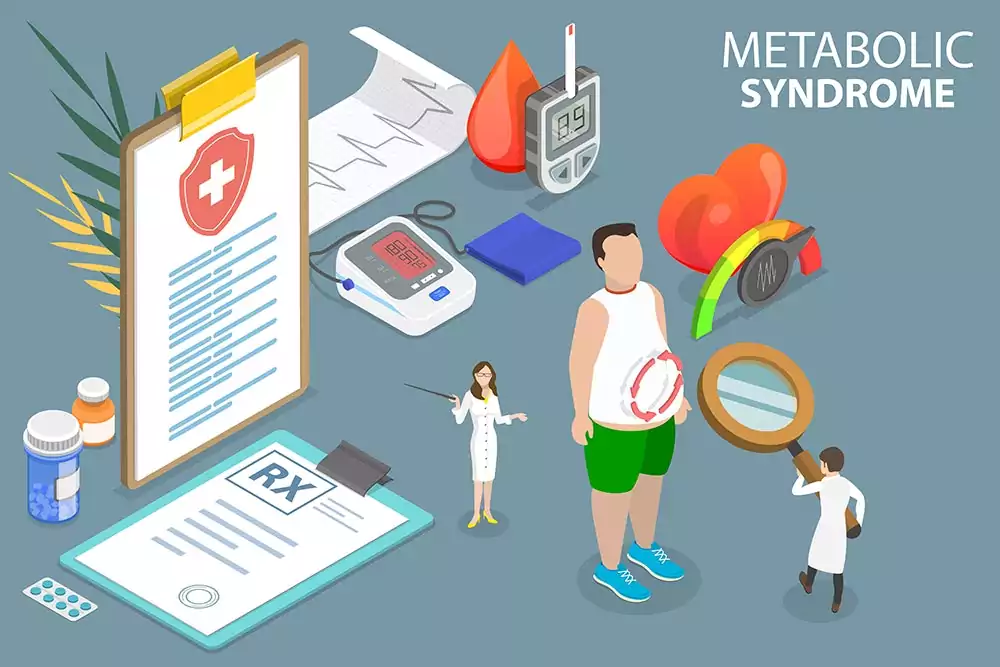
Simply put, metabolic syndrome is a set of risk factors a person has that can cause Insulin resistance, Prediabetes, Type 2 Diabetes or heart issues. It happens when the body, for certain reasons, is unable to process macronutrients like carbohydrates proteins and fats that it receives. These risk factors include high blood sugar, abnormal cholesterol and triglycerides, high BP and excess body fat around waist. All three conditions – Insulin resistance, prediabetes and Type 2 Diabetes can work as an underlying cause for infertility in both men and women.
In women, insulin resistance, alters levels of proteins like SHBG and IGFBP. In turn, these increase production of male hormones called androgens in the ovary and adrenal glands causing anovulation. (a situation where the woman is unable to release an egg even though she may have regular periods)
Diabetes can cause a delay in menstrual cycles, anovulation and limit the success of conception. Having diabetes also makes you more susceptible to infections, particularly of the genitourinary tract. Recurrent infections could be a possible cause hampering fertility.
In men, diabetes is linked with the production of antibodies in the body that’s harmful to sperm health. It affects the maintenance of an erection and significantly decreases libido. High sugar levels are known to affect sperm health.
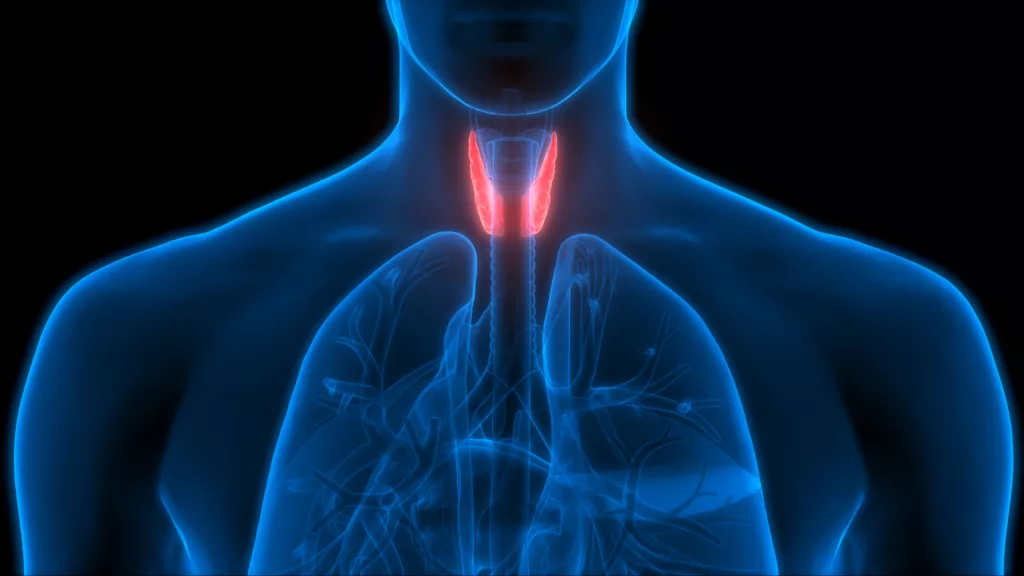
A frequent diagnosis that is overlooked during preliminary fertility checks is thyroid function.
In India alone, about 42 million people have thyroid disorders. Among these, the prevalence of hypothyroidism is about 11%, which is studied to be a contributor to infertility.
If you have a thyroid gland that is not functioning at its optimum, one of two things are happening. Either your body is producing antibodies that are limiting its functioning or your pituitary is not sending sufficient signals for thyroid function.
Low levels of thyroid hormones are limiting your ability to ovulate, impairing egg quality, and affecting how your other body systems function. A hypothyroid state is a suboptimal state. In such a scenario, even if conception were to take place, chances of the fertilized egg not implanting or early pregnancy loss is high.
There are many cases where hypothyroidism is a missed diagnosis. Blood test reports show normal thyroid values and yet the woman is clearly displaying clinical symptoms of hypothyroidism or hyperthyroidism. Doctors miss addressing these symptoms as they are going by just lab reports. Then there is a phenomenon called subclinical hypothyroidism where the thyroid gland is not producing enough thyroid hormones although lab report show normal thyroid numbers. During your fertility tests, having your thyroid function assessed is crucial. Many women have benefited from supplementation of thyroid hormones in situations where they were previously considered sub fertile.
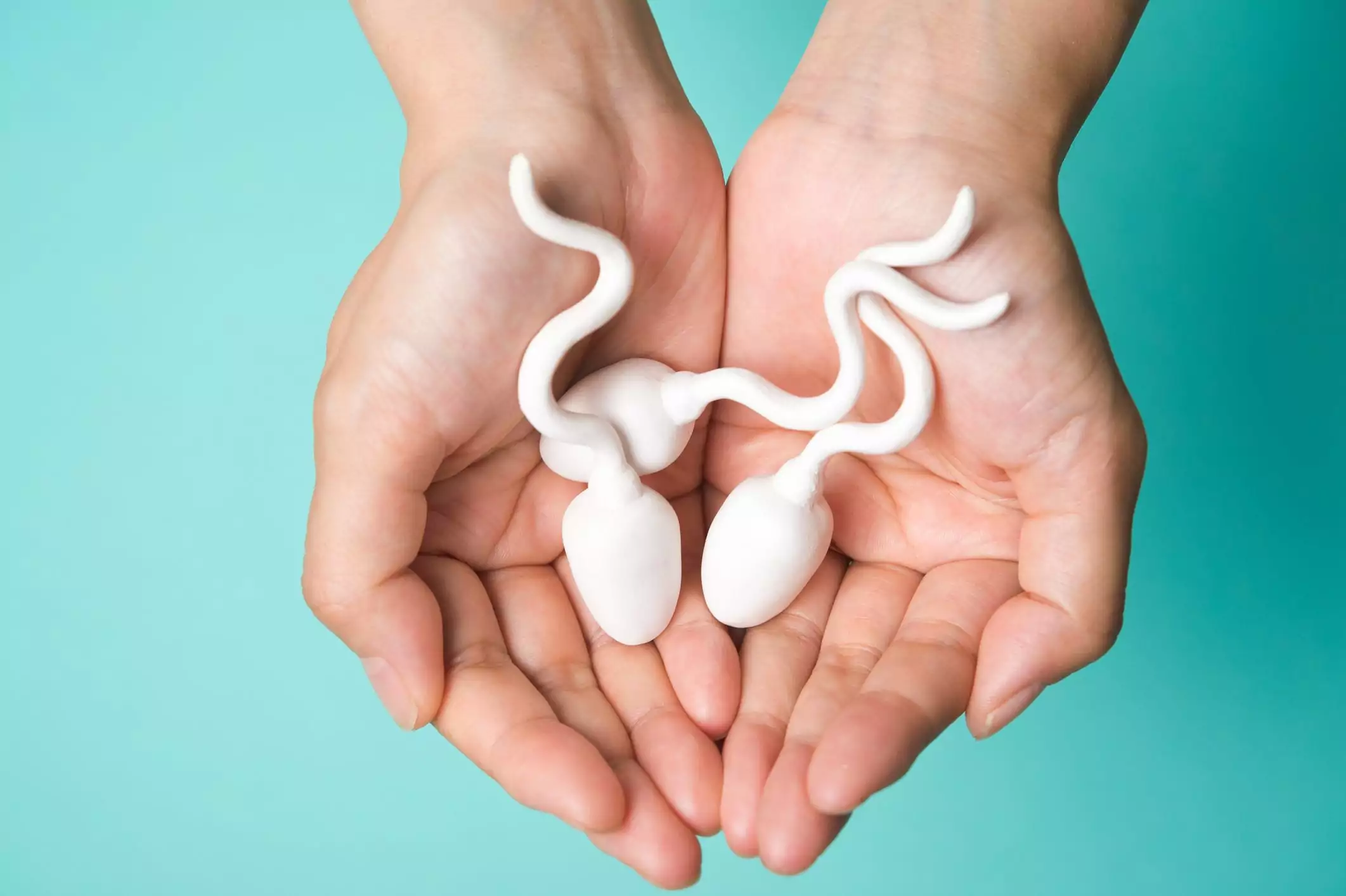
A huge contributor to unexplained infertility is sperm health. During routine semen analysis sperm counts and their basic function can appear normal. However, it is possible to note fluctuations from one ejaculate to the next.
Ideally, semen quality and quantity should be assessed from two samples taken at least four weeks apart. In many instances, as you can probably also relate to, semen analysis takes place once.
In many parts of the globe infertility among men is still shrouded in stigma, which makes testing for a male cause scarce. However, in as many as 40 to 50% of infertility cases, a male cause is identified.
During phases of stress, intoxication, or even periods of poor lifestyle habits, sperm quality can be affected. Since the peak of ovulation is a short span, ensuring that sperm quality is at its optimum always becomes an important practice for couples attempting to get pregnant.
An advanced test called a sperm DNA fragmentation test can help detect abnormal genetic material which could be causing hidden male infertility. Standard semen tests at labs can only track sperm count, motility & morphology. They cannot detect genetic abnormalities.
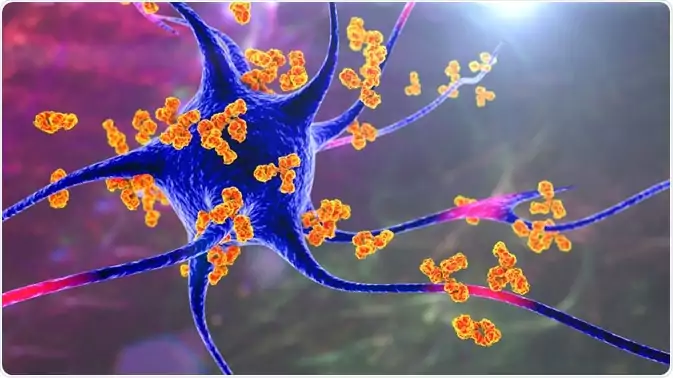
Autoimmunity is a state when our own body produces antibodies that attack our healthy cells and tissues. Many conditions, such as thyroid dysfunction, diabetes, and polycystic ovarian syndrome have been linked with possible immune mediation that limits gland/organ function.
These antibodies can affect egg function, attack sperm, or result in early pregnancy loss as well.
In about 20-30% of cases of unexplained infertility, following years of testing, autoimmunity was often observed as a likely cause.
Having consistently high blood pressure has also been linked to reducing egg quality over time. Among men, high blood pressure contributes to the lowering of sperm motility, count, and semen quality.
Genetic defects have been linked as causes for infertility among both men and women. In these cases, infertility can be the only presenting sign of the syndrome.
Critical elements that affect fertility also lie in the lifestyle that you and your partner lead. Today in the fast-paced world it is easy to overlook extended periods of stress, limited sleep, and poor nutrition as actual causes in cases of unexplained infertility. Additionally, the environments surrounding you can be in excess of pollution, noise, plastics, and chemicals, acting as a reason for unexplained infertility.
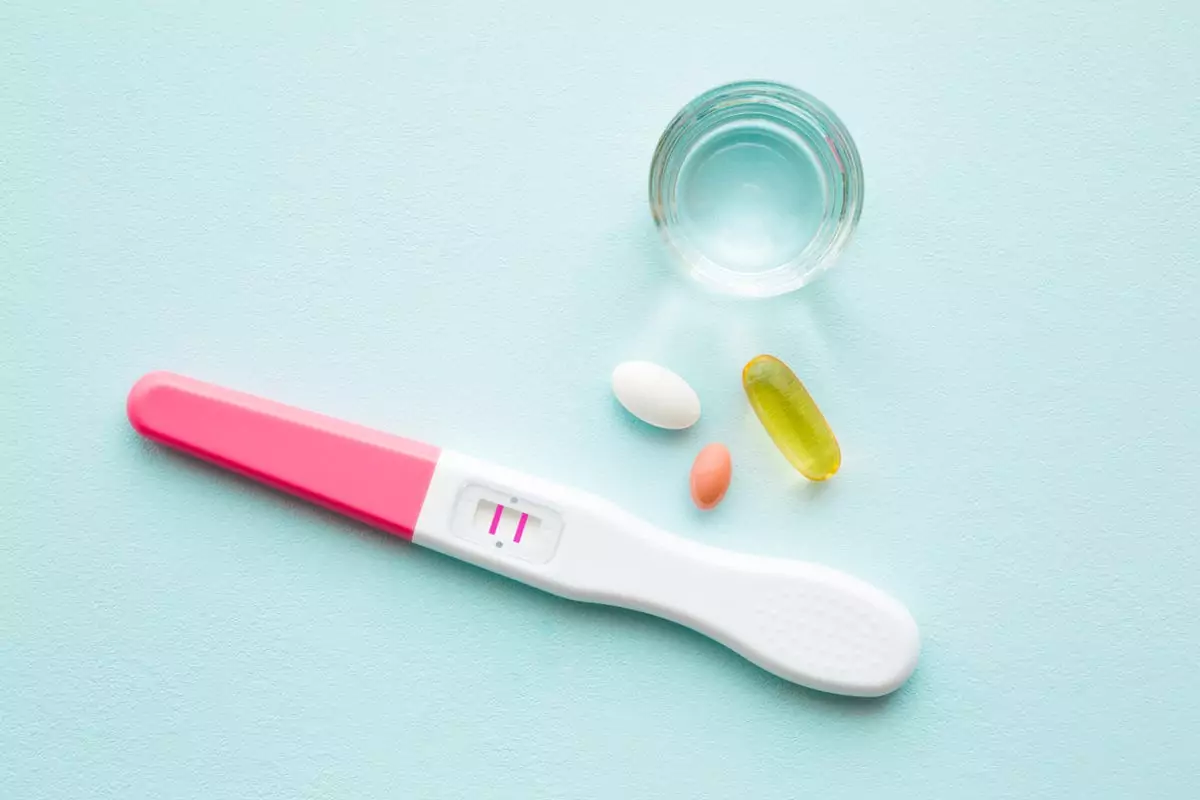
As a couple, understand that conceiving is more than just egg or sperm quality. Approximately 80% of young couples diagnosed with unexplained fertility can achieve pregnancy naturally within the first three years following their diagnosis. And this is often without significant medical therapies.

A body that is chronically stressed does not favor the optimum environment for pregnancy. Additionally, during periods of stress, even if pregnancy occurs, early pregnancy loss is possible. This is because your body understands that it is not the perfect environment for a baby.
The stress hormone, cortisol also wreaks havoc on the fine-tuning required for conceiving. Like your sex hormones, cortisol is a steroid hormone. This means during periods of stress, your body is favoring the production of cortisol over vital hormones for pregnancy, such as progesterone and testosterone.
During the phase of infertility, it is also quite normal to feel dejected and channel your stress inwards to your body. Both partners might experience added stress, further impacting their ability to get pregnant.
Managing stress then becomes a topmost priority. Something as small as investing in your relationship and cutting yourself some slack can vastly improve your chances of getting pregnant.
Consider taking a vacation, investing in some classes such as yoga, art, or even cooking. Delegate tasks that might be piling onto your stress. Navigating through your stress shows your body it is available to nurture a child if you do become pregnant.
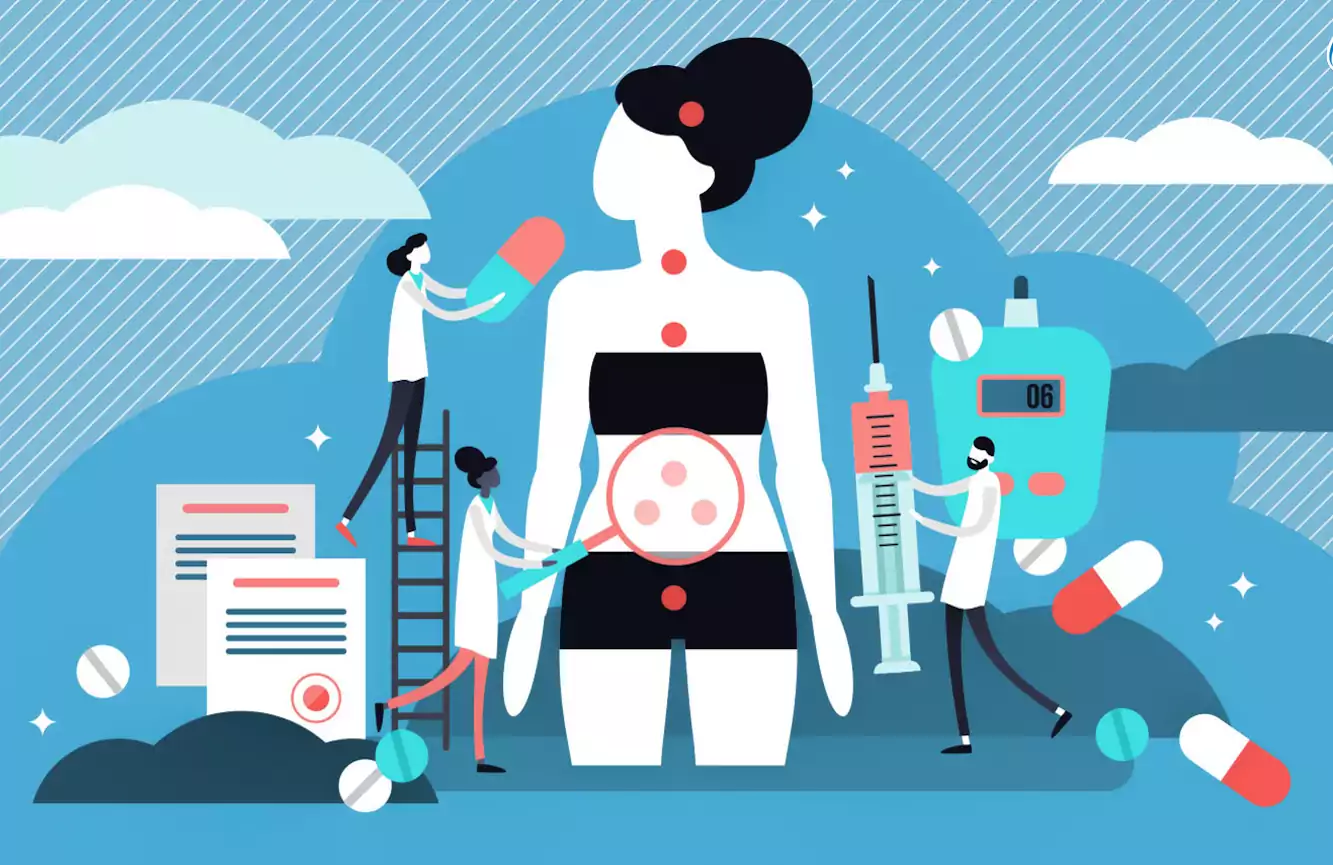
It can be relatively difficult to assess how your hormones function on a day-to-day basis. However, an imbalance is often reflected in the changes to general health. Irregular menstrual cycles, weight gain, consistent lethargy, decrease in immunity, and even irregular bowel function can indicate underlying hormonal imbalances.
Many conditions such as hypothyroidism (less thyroid hormone) and PCOS (more testosterone) contribute to infertility. The simple act of balancing hormones in these cases assists with improving symptoms and chances at fertility.
While it can be overwhelming, an easy way to do this is to invest in your lifestyle. Sleeping on time, navigating through stress, reducing some excess weight all work towards an optimal environment for your hormones to function.

Diet is probably the most overlooked aspect of our day-to-day life. Diet has become one of convenience with very little thought put into the ingredients that are going into our bodies.
Having a nutritionally deficient diet can affect your menstrual cycles, reduce sperm count and quality, adversely affect egg quality, and even promote further hormonal imbalance. So, when presented with a diagnosis of unexplained infertility one of the first things to do would be to consider revamping your diet.
Consider whole foods, rather than anything that is processed and from a packet. Switching out meals for wholesome salads and high fiber foods improve gut health. When your gut is functioning well, it improves any possible imbalance in hormones. Today studies are being conducted on how simple probiotics can help reduce cases of infertility naturally
It is common practice to stack plates with simple carbohydrates such as white rice or bread. Vital assets to your diet such as complex carbohydrates (brown rice, millets) and protein (lentils, chicken, fish, nuts) take up small portions on your plate. Veggies are often skipped or pushed aside to one meal in a day when in reality, at least 3 – 4 servings of veggies and fruits are a must daily. Choose healthy snacks when hunger pangs hit. Give your digestion a break of at least 14 hours between dinner and breakfast. This will help your body to digest and use the nutrients within your meals better.

It is easy to shrug off a hectic schedule, lack of sleep, and minimal exercise to a day when you are free. But a good night’s rest is a daily necessity. Long work hours and stress are contributors to poor sleep quality. The hormones related to both ovulation and enhancing egg and sperm quality can be affected based on your sleep-wake cycles.
In a similar light, exercising is also important for maintaining a healthy system. Goals toward exercising usually involve losing those extra kilos or trying out complex exercise regimes. If you opt for simple 30-minute routines six days a week, you are less likely to skip out on your exercise, and enjoy exercising in the process.
Some simple feel-good habits can include getting some sunlight, taking some time for self-care, and taking breaks from a daily hectic routine. Understand that your body needs time to recover.
When you are faced with a diagnosis of unexplained infertility the road ahead can seem bleak. It is often a point where your long list of questions is not receiving any answers.
While it is easy to feel dejected, understand that a lot more can be uncovered in your journey to getting pregnant. Try to find out what could be your possible cause of infertility. If you feel you have not received the right number of tests, consider checking in with another specialist.
Invest time into understanding your stress, sleep, diet, and how they are possibly contributing to your hormonal health. To get pregnant it is vital to build a healthy ecosystem both internally and externally. Never forget to enlist help wherever necessary.